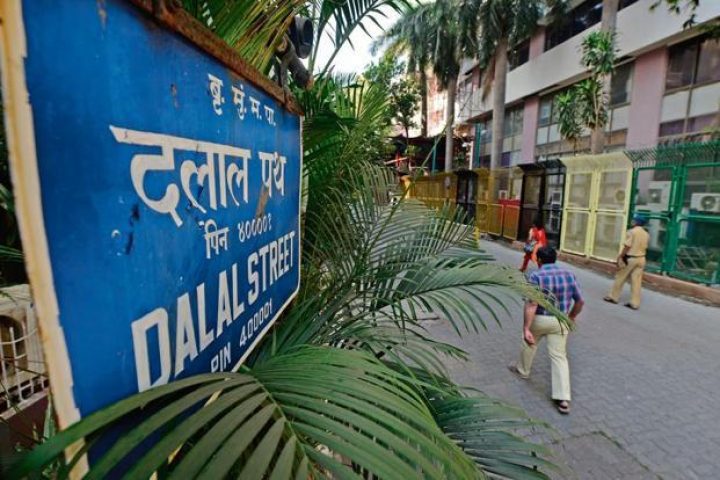
Share buybacks fail to boost share prices, investor morale
- 19.01.2019
- Indian Stock Market
- 0
Out of the 50 companies that announced share buybacks in 2018-19, 68%—or 34 companies—saw their share prices fall. This includes nine PSU stocks as well.
Share buybacks typically boost share prices, at least for a while. It was different this fiscal year. Out of the 50 companies, which bought back shares in 2018-19, 68%—or 34 companies—saw their share prices fall. This includes all nine state-run companies that announced buybacks.
Analysts said while a global slowdown and weak sentiments overshadowed share buybacks for most private companies, the commodity downturn hurt public sector units (PSUs) in the energy sector.
Dhiraj Sachdev, managing partner and chief investment officer at Roha Asset Managers, said efforts to buy back shares and reduce capital did not revive stock prices.
“Buyback action may eventually and in the long run have a positive impact as the business grows and that will reflect in earnings per share expansion. In case of PSU stocks in oil/gas and commodity-oriented sectors, the buyback announcements did not help as the business cycle or commodity prices faced downturn,” he said.
Deepak Jasani, head of retail research at HDFC Securities Ltd, said macro headwinds in the second half of 2018 kept stocks depressed. A share buyback in most cases, he said, may create just a short-term spike. “Long-term shareholders hope the company paid a buyback price that was lower than the stock’s intrinsic value. A buyback signals a dearth of attractive investment or expansion opportunities, which in turn indicates lower long-term growth prospects. Share buybacks also reduce cash reserves or debt capacity, potentially affecting the company’s credit rating,” he added.
Jasani said PSUs buy back shares mainly to shore up government revenue, but this erodes their competitive edge over time.
ALSO READ | HAL share buybacks, dividends left it poorer by ₹15,500 crore
In a buyback, a firm purchases its shares from its existing shareholders, usually at a price near to or higher than the prevailing market price. Buybacks generally improve earnings per share and long-term shareholder value, help investors exit when shares are undervalued or are thinly traded, help achieve optimum capital structure and help return surplus cash to the shareholders.
Firms can buy back shares or pay dividends to distribute profits to shareholders. However, buybacks are more tax-efficient since companies must pay dividend distribution tax on the total amount distributed and dividends above ₹10 lakh while buybacks for listed companies are tax-free.
ALSO READ | I-banks pitch share buybacks to firms as IPOs dry up
Some of the prominent firms that announced share buybacks in 2018-19 and lost the most from date of announcement of buybacks till date are Indiabulls Real Estate (down 58.31%), KIOCL Ltd (down 35.27%), Jagran Prakashan (down 33.44%) and Mphasis Ltd (down 24.26%). There are however others like Infosys Ltd, Responsive Industries, Kaveri Seed Co., DCM Shriram and SKF India that gained in the range of 7-29.74% during the year.
source: livemint.com
Categories: free watch sharmarket news, Indian share market, Indian Stock Pick, Mutual Funds
Comments
Sorry, comments are closed for this item.
